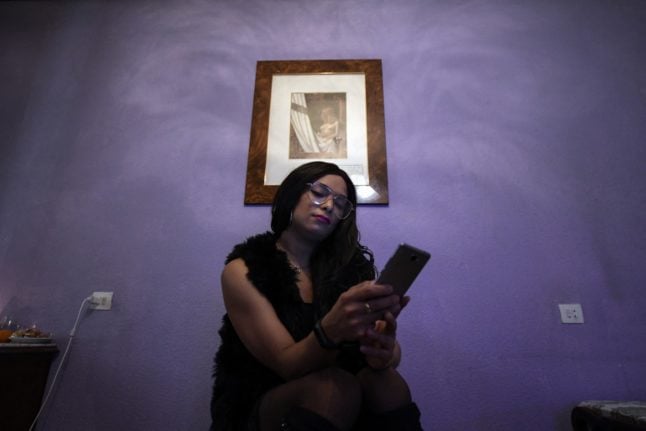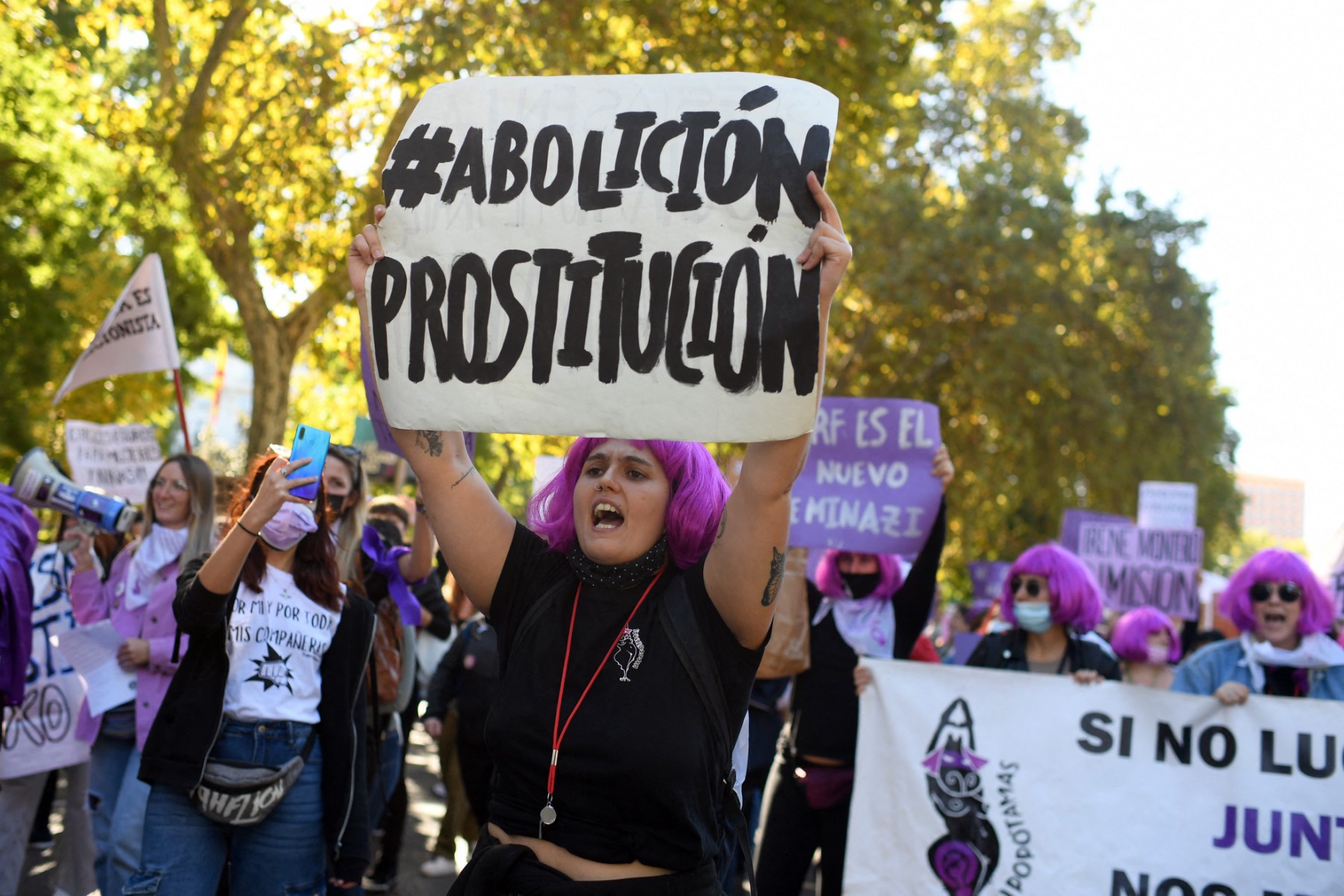Puigdemont and fellow MEPs Toni Comin and Clara Ponsati face jail in Spain for their roles in organising a banned Catalan independence referendum, and in March the European Parliament stripped them of their legal protection.
But on Tuesday, the vice president of the court issued an order to provisionally “suspend the execution” of the lifting of the immunity while judges prepare to study the case.
“Today we have another positive result,” Puigdemont tweeted, promising to face down Madrid from exile “no matter how uncertain things are and no matter how colossal the strength of the Spanish State. No surrender”.
Puigdemont led efforts by Catalonia’s separatist regional government to stage an independence referendum in October 2017 despite a ban by Madrid. The vote was marred by police violence.
Several weeks later, the Catalan administration issued a short-lived declaration of independence, triggering a political crisis that prompted Puigdemont and several others to flee.
Some Catalan figures who stayed behind were arrested and put on trial, with nine of them jailed for between nine and 13 years.
Although those jailed were pardoned earlier this year, Madrid still wants Puigdemont and the others to face justice over the secession bid. Puigdemont lives in Belgium.
Puigdemont enjoyed immunity for a time after being elected to the European Parliament in 2019, but that was lifted by the parliament in March in a decision upheld in July by the EU’s General Court.
The higher court, the ECJ, will now consider his case.




 Please whitelist us to continue reading.
Please whitelist us to continue reading.
Member comments